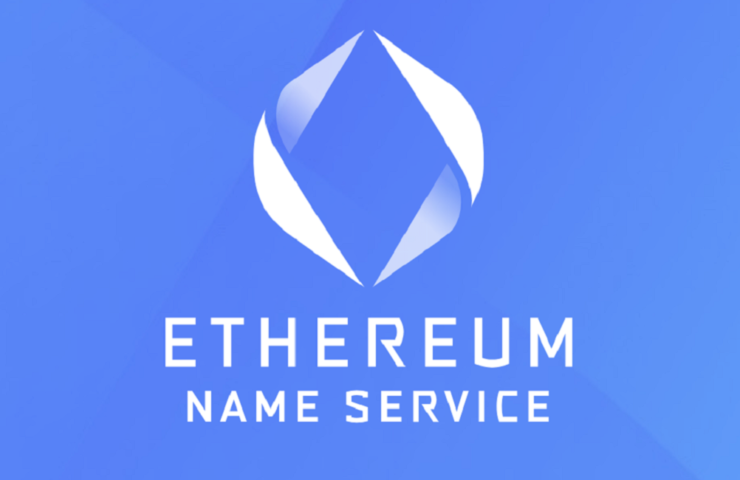Anyone who knows me well enough knows that I have a tendancy to buy domains names without second though (shout out to gotballs.org…).
So naturally, I have a few issues with the domain name registrar industry as a whole:
- Premium Domains are an absolute scam. Registrars can choose to markup domain names for profit as they see fit even though they don’t own the domain.
- ICANN is essentially shaking down users for profit and owns a monopoly on the creation of new TLDs
- Domain ownership requires private information to be provided during registration and you would then need to pay for WhoisGuard on top of that to prevent spammers from retrieving it.
Now, the current industry exists as a natural byproduct of the technology that existed at the time it was required. A central trusted authority was needed to maintain a ledger of who owned what domain and which server had its data. A necessary evil, per se.
Blockchain did not exist to serve as a trustless middleman to coordinate this information.
But now it does.
What is ENS?
So ENS – Ethereum Name Service – is a smart contract built on the Ethereum network that acts as a trustless, decentralized mechanism for registering and managing domain names.
For example, through ENS I have registered jameswmontgomery.eth by sending an arbitrary amount of ether to the smart contract. It then marks my address down as the owner for X number of years and will expire unless I reregister.
Most notably, the ether I sent does not go to some corporation – it literally gets burned.
The first thing you’ll notice, though, is that you cannot simply visit jameswmontgomery.eth as you would jameswmontgomery.com – at least not on major browsers (yet). We’ll revisit this in a bit.
Primarily – at this point – ENS’s main value is acting as a shortcut for Ethereum addresses (and other cryptocurrencies).
Specifically, instead of sending ether to my address 0xcDbB43A1BacB5Fe29ff895C7f79dC9dD0d536F71, you would send it to jameswmontgomery.eth from a supported wallet like Meta Mask or MyEtherWallet.
The ENS smart contract would then automatically route the payment to the correct address; it’s even smart enough to route payments to the different token addresses automatically like Ethereum, Bitcoin, BCash, Ripple, and others.
It doesn’t sound like DNS though.
Payment routing is just the beginning.
They’re also rolling out support for registering existing TLDs like .com and have already established a proof-of-concept with the .xyz TLD.
This allows existing TLD registrants (you can’t just buy google.com, sorry) to claim their domains on the ENS network and enable three key features:
- Accept payments from any crypto wallets directly to
jameswmontgomery.comwithout an intermediary like PayPal. - Join Web 3.0 by serving site content through Swarm and IPFS.
- Store meta data like email, Twitter username, and others as structured data for easy reference on apps.
It can’t be far from thought for the architects to want to support core DNS features like A Records, CNAME, etc as well, but these features are currently not supported.
TL;DR
When ENS does support these key DNS features, it will ultimately be the superior choice for the future of the internet because:
- It does not rely on a central authority to maintain a ledger of ownership
- It does not arbitrarily establish “premium” domain names and jack up prices (though, it does have simple character count scaled price to ward off domain piracy).
- It is an open source protocol that can ultimately be governed by a DAO instead of a corporation.
- It is inherently censorship resistant and governments cannot shut down ENS addresses.
- DNS’s core function as a distributed ledger with TTL is handled by default on Ethereum.
Thoughts?
